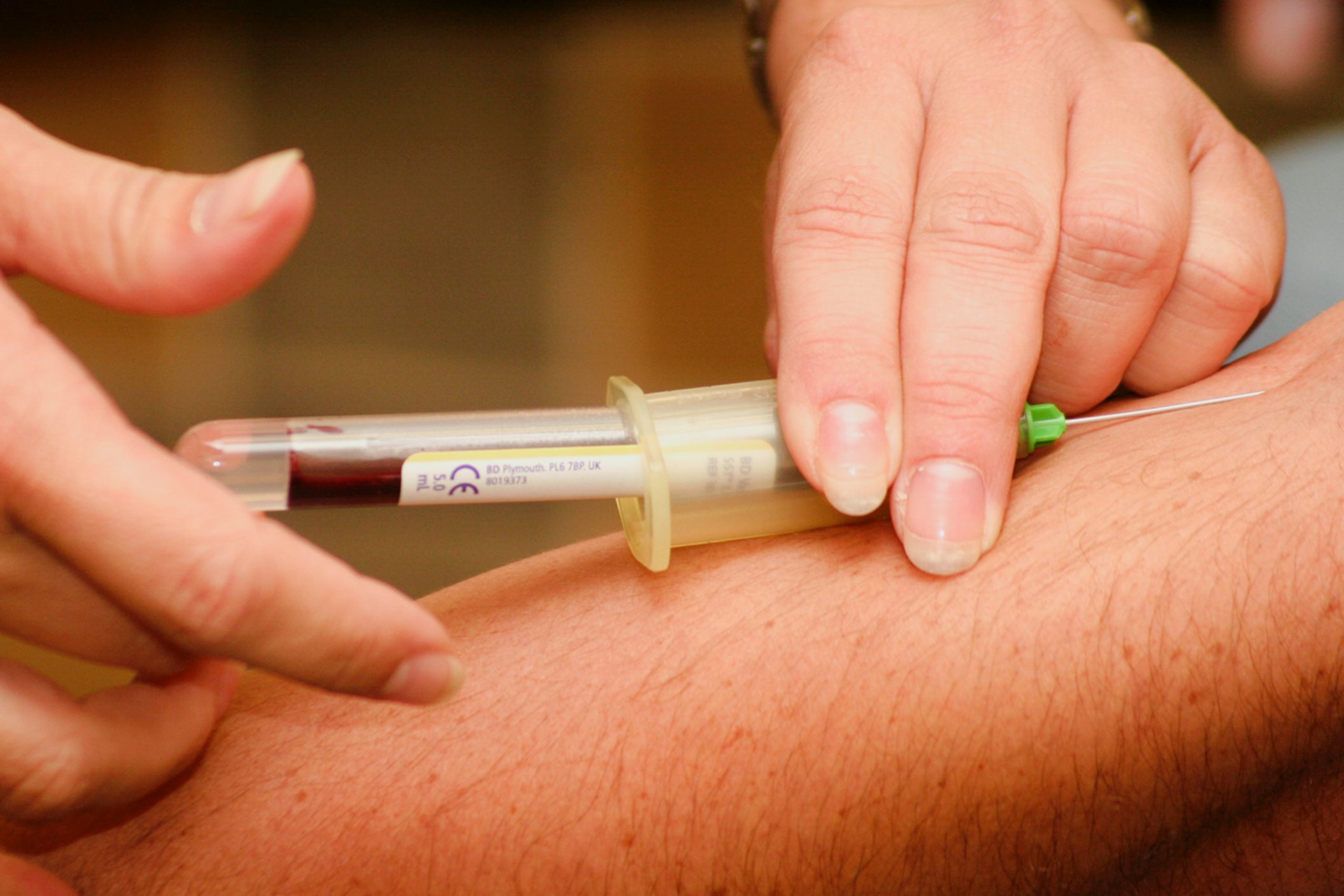
Lauren Dempsey, MS in Biomedicine and Law, RN, FISM News
[elfsight_social_share_buttons id=”1″]
The U.S. Food and Drug Administration (FDA) released a proposal to change federal policy on requirements for blood donations. This new policy guidance draft would be a major shift in existing donation guidance and would focus on “gender-inclusive, individual risk-based questions” to reduce the risk of transfusion-transmitted HIV.
The recommendations would eliminate the current blood donation delay period for men who have sex with men (MSM) and women who have sex with those individuals, which would allow MSM and their partners to be able to donate blood without any waiting period. Currently, MSM are required to wait 3 months before donating blood, a period in which they must abstain from sexual encounters with other men.
The new guidance does not recommend changes to restrictions on other criteria, such as recent injection drug use and having sex in exchange for money and individuals who have had sex with multiple partners, a new partner, or who have had anal sex within the last three months will still be restricted from donating blood.
The agency also recommends deferral of any persons taking medications to treat or prevent HIV infection, post-exposure prophylaxis, and antiretroviral therapy. According to the FDA, these drugs are safe and effective at reducing the HIV viral load to undetectable levels in HIV-positive individuals, which prevents sexual transmission. It does not protect against transfusion transmission, however, meaning an HIV-positive individual could “potentially still transmit HIV to a transfusion recipient.”
These recommendations are based on a “review of available science” as well as current practice in Canada and the United Kingdom. In these countries, risk-based assessments demonstrate that new or multiple sexual partners and anal sex are the most significant risk factors that increase the likelihood of HIV infection.
However, homosexual and bisexual men are still far more likely to contract and carry HIV than any other identified group. According to the Centers for Disease Control and Prevention, MSM accounted for 69% of new HIV diagnoses in 2019.
Potential blood donors are asked if they have had a new sexual partner, multiple partners, or have had anal sex in the last 3 months, if so they are deferred from blood donation. These countries have similar HIV epidemiology as the U.S. and have reported no safety concerns after implementing policy changes. The FDA is confident that the new “guidance will maintain the current high level of safety of blood and blood components, including Source Plasma in the U.S.”
FDA Commissioner Dr. Robert Califf said in a statement, “Maintaining a safe and adequate supply of blood and blood products in the U.S. is paramount for the FDA, and this proposal for an individual risk assessment, regardless of gender or sexual orientation, will enable us to continue using the best science to do so,” he added that blood donations are “one of several really important symbolic methods of demonstrating one caring for other people.”
The agency will not make a decision until after a 60-day public comment period. However, many advocacy groups and organizations support the proposed changes, saying that the current practice is discriminatory. The American Red Cross said in a statement that the current policy has been hurtful, but these changes symbolize “the first steps in repairing relationships with the broader LGBTQ community.”
Other criteria for blood donation include a screening process that includes a waiting period for individuals who have lived in or visited a malaria-risk country, individuals who have had Ebola are not eligible to donate blood, and there are requirements for height and weight, iron levels, you cannot be sick, and pregnant women cannot donate until at least six weeks postpartum.
These changes would increase the number of individuals who could be allowed to donate blood, especially as the U.S. is facing a blood shortage. Since the beginning of the pandemic, there has been a 10% decline in blood donations. This has a direct impact on the ability of some individuals to receive medical care after an accident, cancer patients, seriously ill individuals, and patients with blood disorders. The American Red Cross has reported an urgent need for all blood types, but especially O positive and O negative, as well as platelet donations.
